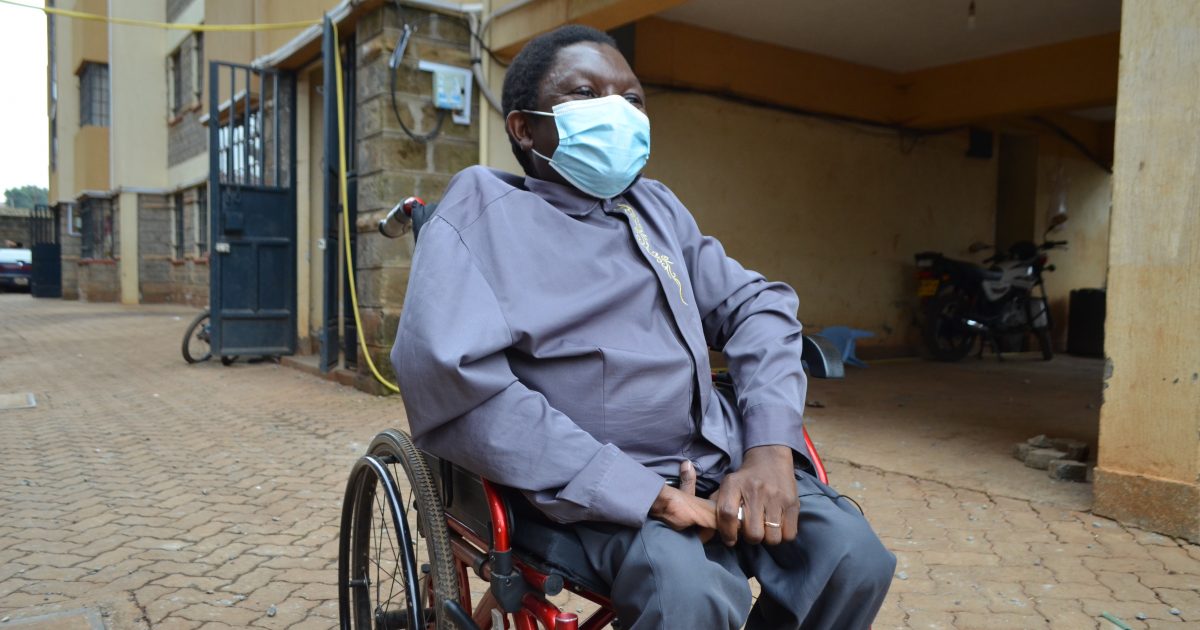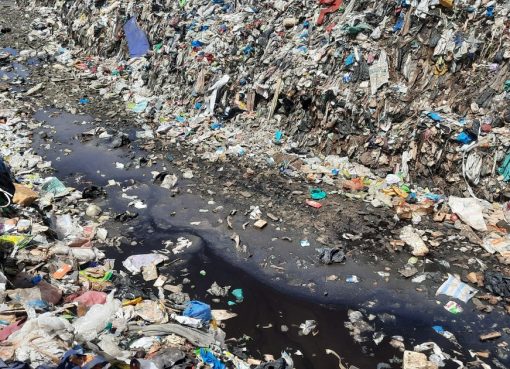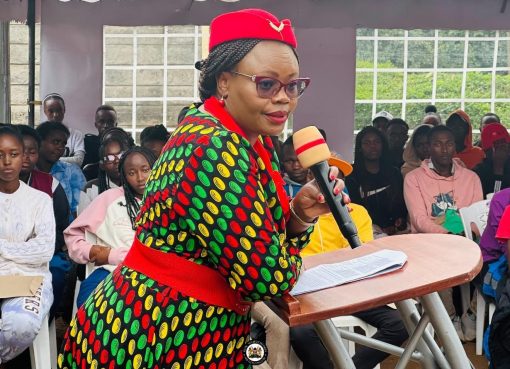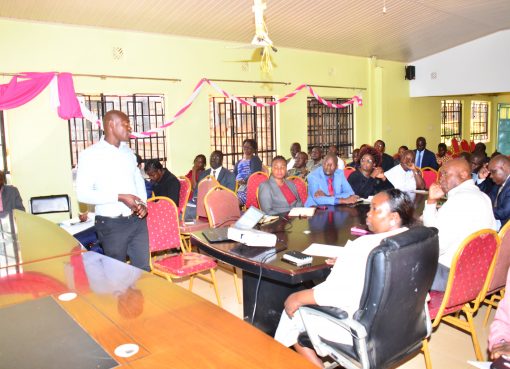


A Polio attack at the age of two rendered Antony Muriithi, 42, disabled. To date, the effectiveness of his right hand and both legs are considerably paralyzed.
The first born in a family of seven, says, “I was born without disability, polio (Poliomyelitis) left me paralyzed,” he adds.
He’s now contending with the ravages of disability. Without a wheelchair, his mobility is greatly hampered.
“The attack affected my spinal cord, my parents immediately started taking me to different hospitals. But it was too late, after several physiotherapies, they were told that I would never walk again,” he recalls.
Reality having dawned, his family accepted what they couldn’t change, knowing that challenges lay ahead.
Being wheelchair-dependent most of the time, increases the number of surfaces Muriithi comes into contact with. He’s wary that this could be a risk that would invite coronavirus infection.
Muriithi constantly has an alcohol-based sanitizer wherever he is. He generously sprays it on all the parts of his manual wheelchair.
A count on his wheelchair identified at least five parts, the armrest which he uses to place his hands, and the hand rims just located next to the rear wheels are just but a few of the surfaces he’s likely to touch, sometimes unknowingly.
How handy his left hand is to him! he uses it to heave himself onto his chair. His legs, set him in motion. Alternatively, his wife Jesinta Museng’ya and his niece Danu Nyiva who have no physical challenges, push him around, while his feet rest on the foot rests—another possible hub of contaminants.
As his four wheels roll by, it’s hard to imagine the viruses, bacteria or other disease-causing organisms that could be transferred to his hands or garments.
The Ministry of Health has been advocating for hand-washing with soap under running water after lathering hands for at least 20 seconds, as one of the measures of breaking the potency of the coronavirus. For Muriithi, accessing a tap while on a wheelchair is not easy.
Furthermore, scrubbing hands requires able hands. Muriithi faces an obstacle in this. His right hand is weaker. Having scrupulously clean hands may not be easy.
Muriithi, a father to a three-year-old son works as a call centre team leader at Safaricom Ltd. His employer has allowed him to work from home due to his high vulnerability to infection. He types using his effective hand only.
The wife longs for an end to the pandemic. The possibility of her husband being infected worries her.
“This coronavirus is not a joke,” Muriithi warns. He dreads venturing out of their home. He goes out only when it’s extremely necessary. But at the same time, he acknowledges how tedious it is to be confined within their home. It might lead to mental exhaustion, even depression.
Muriithi owns a car that isn’t modified. His wife carts him on his wheelchair to the car. He hauls himself into the steering position as his wife folds and stacks the chair into the boot
A statement from the National Council of People Living with Disability (NCPWD) Covid-19 response team states that all persons with disability are appropriately protected in the wake of the Coronavirus Pandemic.
According to Antony, the Council should do more for these people because unlike others who are able bodied, people living with disability have to stay at home because of the Covid-19 pandemic.
The government should, therefore, ensure that all people living with disability have access to sanitizers, face masks and basic needs.
“People living with disabilities are greatly exposed to infections, the government should intervene and put measures that are going to cushion them and their families against the coronavirus,” he advises.
By Anne Mwangemi





